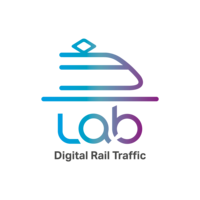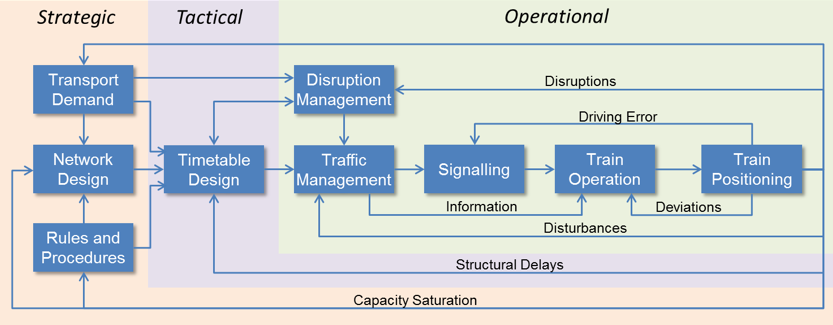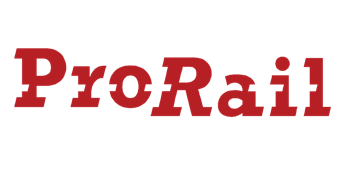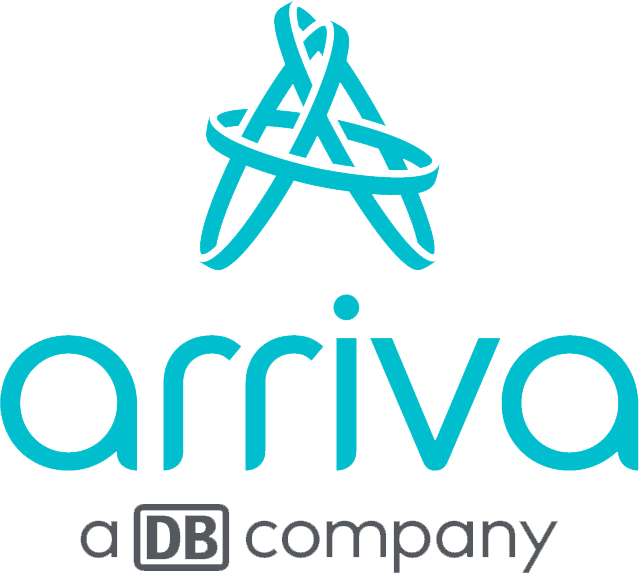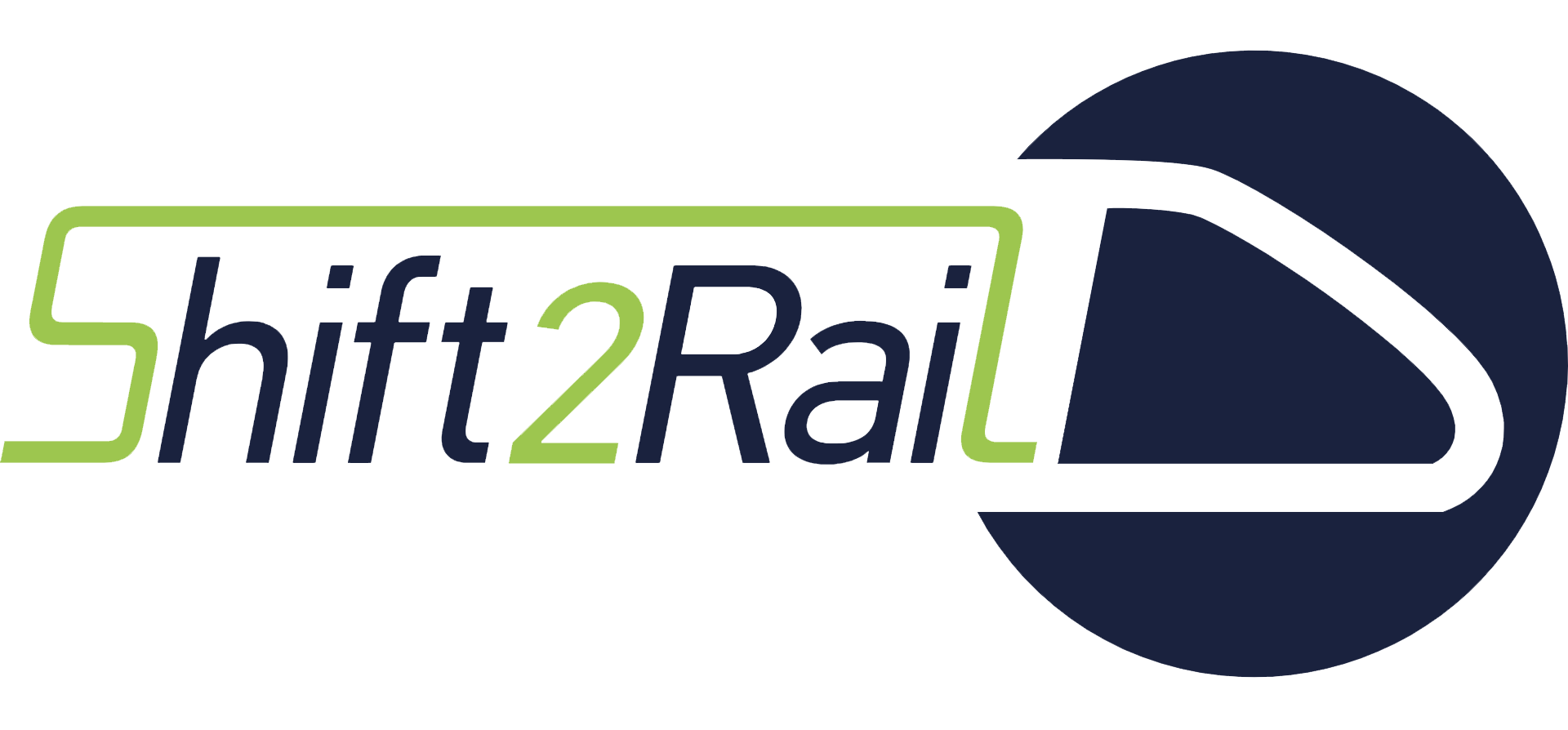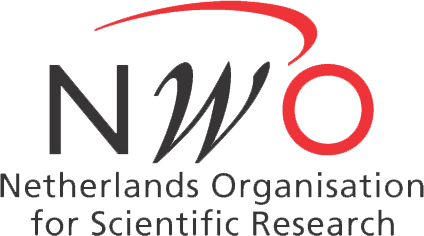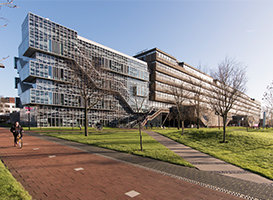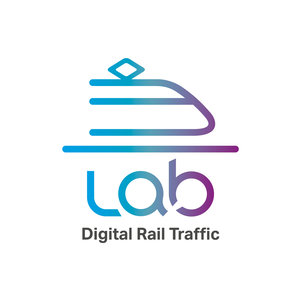About
The Digital Rail Traffic Lab (DRT Lab) has an expertise that covers all aspects of the planning and management of railway operations and their interactions. Railway domain knowledge is combined with advanced mathematical models and real-world train and infrastructure data to analyse real operations, and develop new methods, processes, models and algorithms to improve the performance of railway systems.
Lab Statement
At the DRT Lab we perform 360 degrees research in all areas of railway traffic and operations:
- Signalling Infrastructure design. The design of the railway infrastructure covers the track layout design and the safety and signalling systems, which have a main impact on the timetable design and the resulting capacity consumption.
- Timetable design. A main stream of research effort is devoted to the design of railway timetables which should be stable, conflict-free, and robust with optimal travel times and allowing energy-efficient train driving. Also integrated models are investigated, such as combined line planning and timetabling, and resilient timetabling and traffic control.
- Real-Time Railway Traffic Management. Delays during operations are handled by real-time railway traffic management. The research in real-time railway traffic management aims at automated control of smaller disturbances and delays. It covers train path conflict detection and resolution, maintaining a feasible working timetable network-wide, and the interaction of traffic management systems (TMS) with driver advisory systems (DAS).
- Safety and signalling. The safety and signalling systems set constraints to the timetable, traffic management and train control systems and are the basis for conflict detection. Blocking time theory is used to model the logic of the safety and signalling systems, which is the basis for conflict detection and capacity consumption assessment. Research includes optimizing safety and signalling configurations and improving the impact of new advanced signalling and automatic train protection (ATP) systems such as the European Train Control System (ETCS).
- Train operation. Optimal train speed profiles are influenced by the infrastructure (e.g. varying slopes and speed restrictions) and rolling stock characteristics, as well as dynamic characteristics such as recovering from delays and interactions with other (delayed) trains. This is the topic of energy-efficient train control, driver advisory systems (DAS), and automatic train operation (ATO).
- Disruption management. Disruptions and large delays are investigated within the topic of disruption management. The research focuses on decision support to traffic controllers to quickly adjust the scheduled services to the changed conditions. This requires rapid evaluation of remaining infrastructure capacity and generating dynamic contingency plans based on the actual state of the infrastructure traffic.
- Monitoring. Monitoring deals with offline and online fusion and mining of data from several sources such as track occupation detection and GPS. This research includes data-driven traffic state (position, time, speed) monitoring and prediction.
Partners and Sponsors
The DRTLab is composed of a group of internationally renowned TU Delft academics together with several industrial partners which are actively involved in several aspects of the railway digitalisation process. Industrial partners support the DRTLab by means of Research & Development (R&D) project collaborations and/or by sponsoring research activities.
Where to find us/Contact
Click on the following link to see the campus map.
